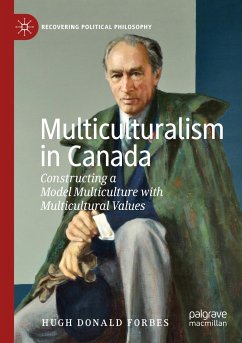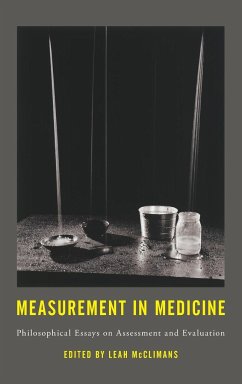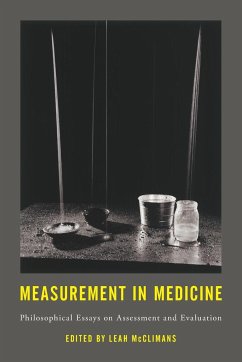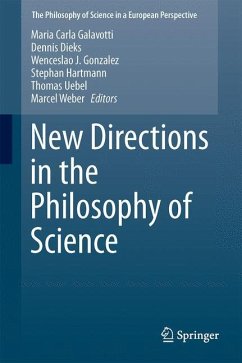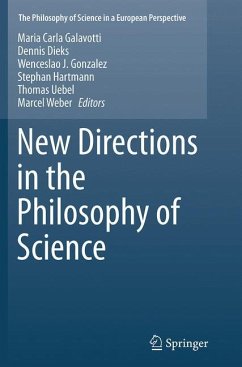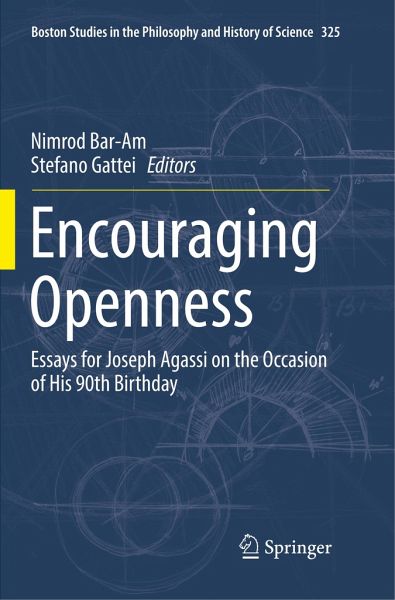
Encouraging Openness
Essays for Joseph Agassi on the Occasion of His 90th Birthday
Herausgegeben: Bar-Am, Nimrod; Gattei, Stefano
Versandkostenfrei!
Versandfertig in 6-10 Tagen
106,99 €
inkl. MwSt.

PAYBACK Punkte
53 °P sammeln!
This volume features forty-two essays written in honor of Joseph Agassi. It explores the work and legacy of this influential philosopher, an exciting and challenging advocate of critical rationalism. Throughout six decades of stupendous intellectual activity, Agassi called attention to rationality as the very starting point of every notable philosophical way of life.The essays present Agassi's own views on critical rationalism. They also develop and expand upon his work in new and provocative ways. The authors include Agassi's most notable pupils, friends, and colleagues. Overall, their contri...
This volume features forty-two essays written in honor of Joseph Agassi. It explores the work and legacy of this influential philosopher, an exciting and challenging advocate of critical rationalism. Throughout six decades of stupendous intellectual activity, Agassi called attention to rationality as the very starting point of every notable philosophical way of life.
The essays present Agassi's own views on critical rationalism. They also develop and expand upon his work in new and provocative ways. The authors include Agassi's most notable pupils, friends, and colleagues. Overall, their contributions challenge the received view on a variety of issues concerning science, religion, and education.
Readers will find well-reasoned arguments on such topics as the secular problem of evil, religion and critical thinking, liberal democratic educational communities, democracy and constitutionalism, and capitalism at a crossroad.
The essays present Agassi's own views on critical rationalism. They also develop and expand upon his work in new and provocative ways. The authors include Agassi's most notable pupils, friends, and colleagues. Overall, their contributions challenge the received view on a variety of issues concerning science, religion, and education.
Readers will find well-reasoned arguments on such topics as the secular problem of evil, religion and critical thinking, liberal democratic educational communities, democracy and constitutionalism, and capitalism at a crossroad.





